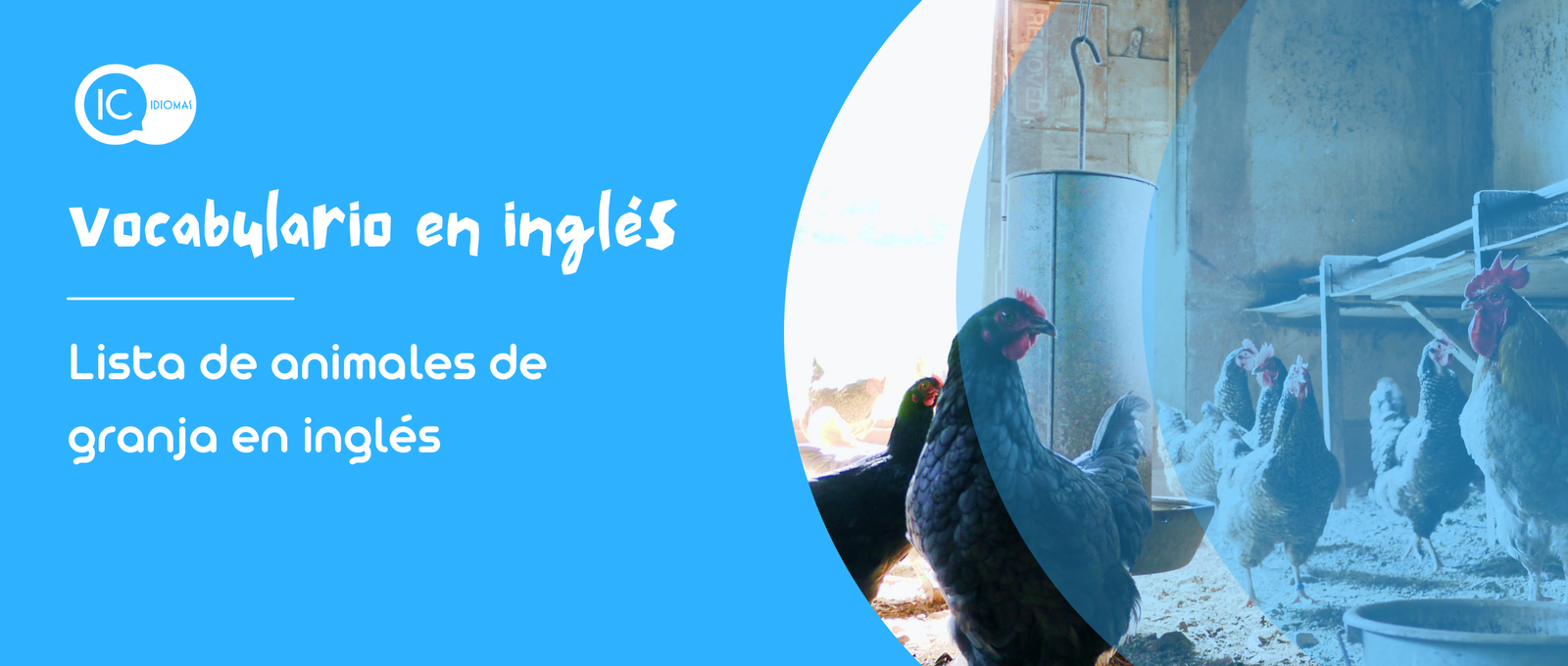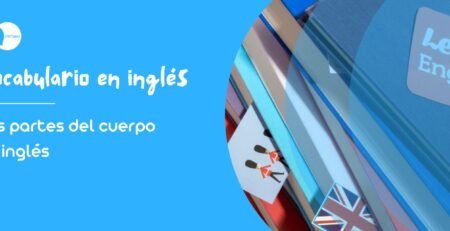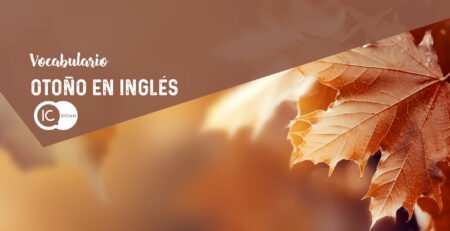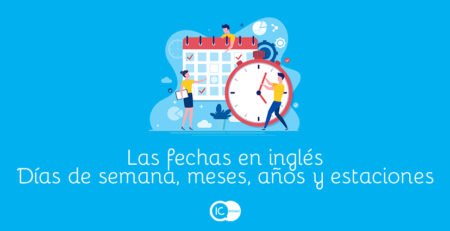Lista de animales de granja en inglés
Los animales de granja son animales que se crían específicamente para ser utilizados en la agricultura o para la producción de alimentos. Los animales de granja más comunes son las vacas, las ovejas, los cerdos, los caballos, las gallinas y los patos.
Índice
Vocabulario sobre animales de granja en inglés:

- Cow – Vaca
- Pig – Cerdo
- Horse – Caballo
- Sheep – Oveja
- Chicken – Pollo/Gallina
- Rooster – Gallo
- Duck – Pato
- Goose – Ganso
- Turkey – Pavo
- Rabbit – Conejo
- Goat – Cabra
- Donkey – Burro
- Llama – Llama
- Alpaca – Alpaca
- Hen – Gallina
- Calf – Ternero
- Lamb – Cordero
- Colt – Potro
- Duckling – Patito
- Gander – Ganso macho
▶ Te puede interesar: Vocabulario de animales en inglés (+200)
Frases útiles en inglés sobre animales de granja:
- The cow gives us milk. (La vaca nos da leche.)
- The sheep have wool. (Las ovejas tienen lana.)
- The pig likes to eat corn. (Al cerdo le gusta comer maíz.)
- The horse runs fast. (El caballo corre rápido.)
- The chicken lays eggs. (La gallina pone huevos.)
- The duck swims in the pond. (El pato nada en el estanque.)
- The rooster crows in the morning. (El gallo canta por la mañana.)
- The hen takes care of her chicks. (La gallina cuida de sus polluelos.)
- The lamb is soft and cuddly. (El cordero es suave y mimoso.)
- The calf drinks milk from its mother. (El ternero toma leche de su madre.)
- The foal likes to play in the field. (El potrillo le gusta jugar en el campo.)
- The duckling follows its mother. (El patito sigue a su madre.)
Ejemplos de frases en inglés y español sobre animales de granja:
- I like to see the cows grazing in the field. (Me gusta ver a las vacas pastando en el campo.)
- The sheep are so fluffy! (¡Las ovejas son tan esponjosas!)
- My favorite animal on the farm is the pig. (Mi animal favorito en la granja es el cerdo.)
- The horse can jump over the fence. (El caballo puede saltar sobre la cerca.)
- The chicken lays eggs every day. (La gallina pone huevos todos los días.)
- The duck quacks loudly. (El pato hace un ruido fuerte.)
- The rooster wakes us up in the morning. (El gallo nos despierta por la mañana.)
- The hen protects her chicks from danger. (La gallina protege a sus polluelos del peligro.)
- The lamb is so cute and cuddly. (El cordero es tan lindo y mimoso.)
- The calf is learning to walk. (El ternero está aprendiendo a caminar.)
- The foal is very curious about everything. (El potrillo es muy curioso acerca de todo.)
- The duckling follows its mother everywhere she goes. (El patito sigue a su madre a donde quiera que ella vaya.)
- I like to drink milk straight from the cow. (Me gusta beber leche directamente de la vaca.)
- The wool from the sheep is used to make warm sweaters. (La lana de las ovejas se utiliza para hacer suéteres cálidos.)
- The pig enjoys rolling around in the mud. (Al cerdo le gusta revolcarse en el barro.)
- I love to ride horses at the farm. (Me encanta montar a caballo en la granja.)
- We collected fresh eggs from the chickens for breakfast. (Recolectamos huevos frescos de las gallinas para el desayuno.)
- The duck is swimming with her ducklings. (La pata está nadando con sus patitos.)
- The rooster has a beautiful colorful tail. (El gallo tiene una hermosa cola de colores.)
- The hen is sitting on her eggs to keep them warm. (La gallina está sentada sobre sus huevos para mantenerlos calientes.)
- The shepherd is taking care of the lambs in the field. (El pastor está cuidando de los corderos en el campo.)
- The farmer is bottle-feeding the calf. (El granjero está alimentando al ternero con biberón.)
- The foal is playing with the other horses in the pasture. (El potrillo está jugando con los demás caballos en el pasto.)
- The duckling is learning to swim from its mother. (El patito está aprendiendo a nadar de su madre.)











Comentarios (2)
Me gusto mucho
quiero un audioooo